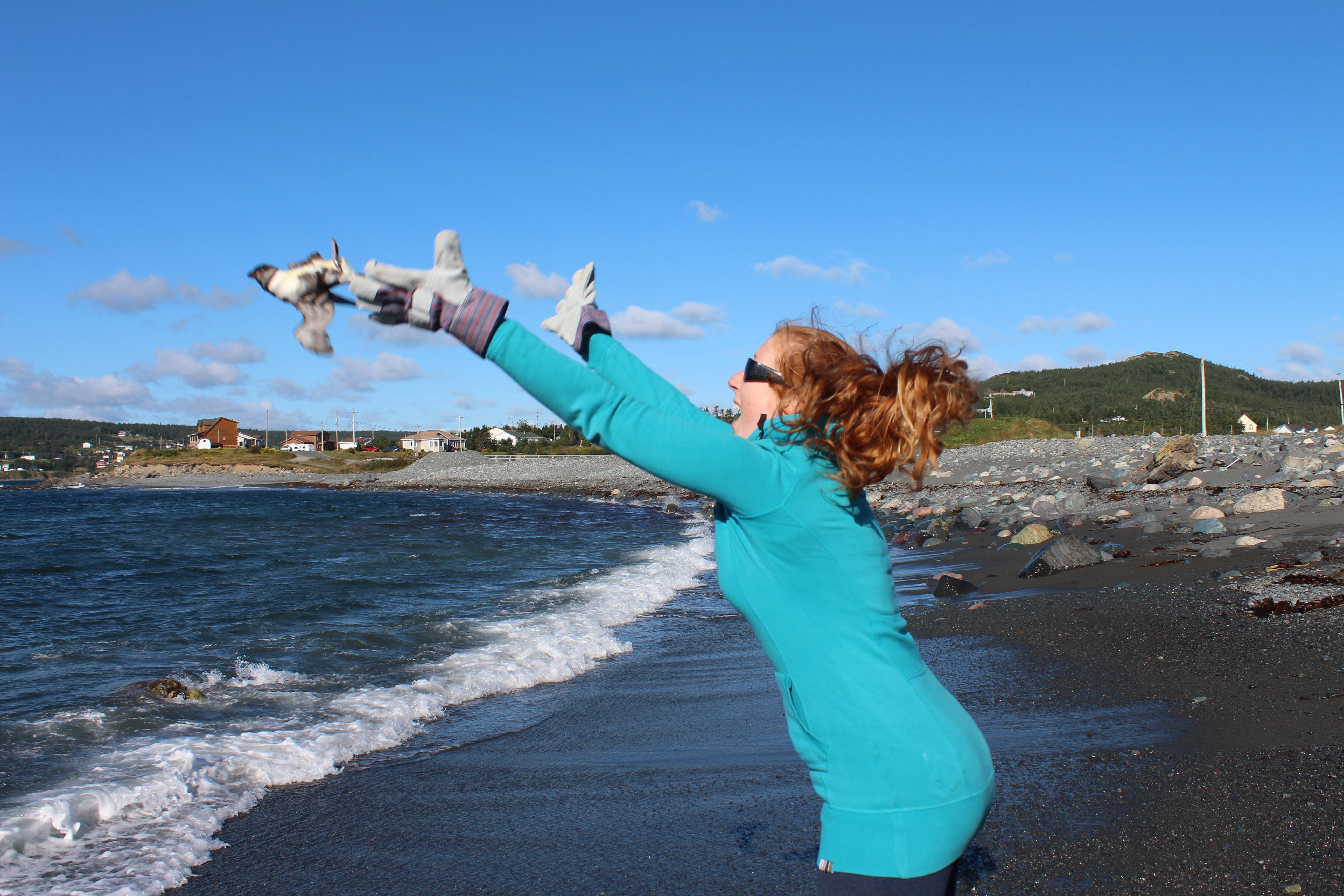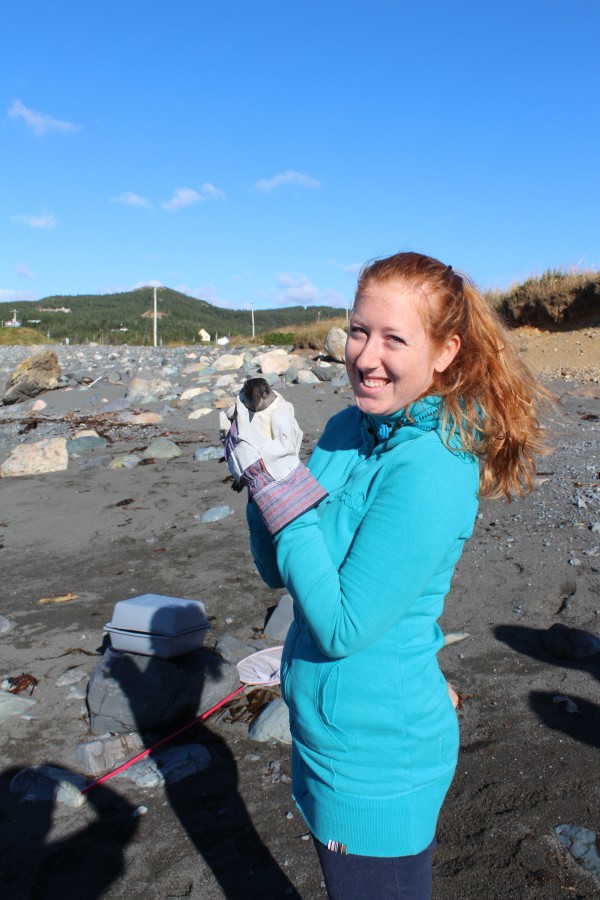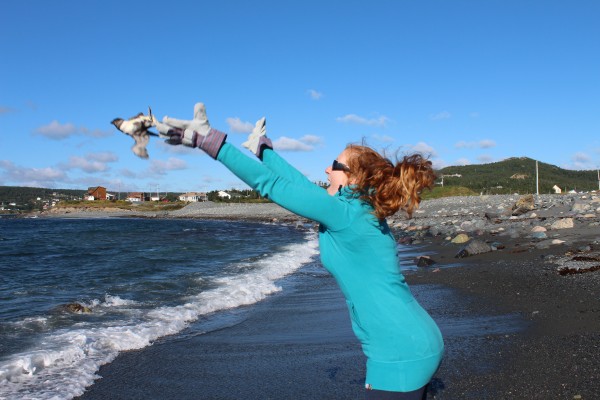WE NEWFOUNDLANDERS sometimes have trouble realizing we’re surrounded by awesome stuff. We grow up by the ocean and those icebergs drifting by our kitchen window are no big deal. Everyday occurrences.
That’s a bit of a stretch. But it’s true we take things for granted. Sometimes we need a journey away from Newfoundland to recognize this place’s value, and sometimes it takes an expat.


